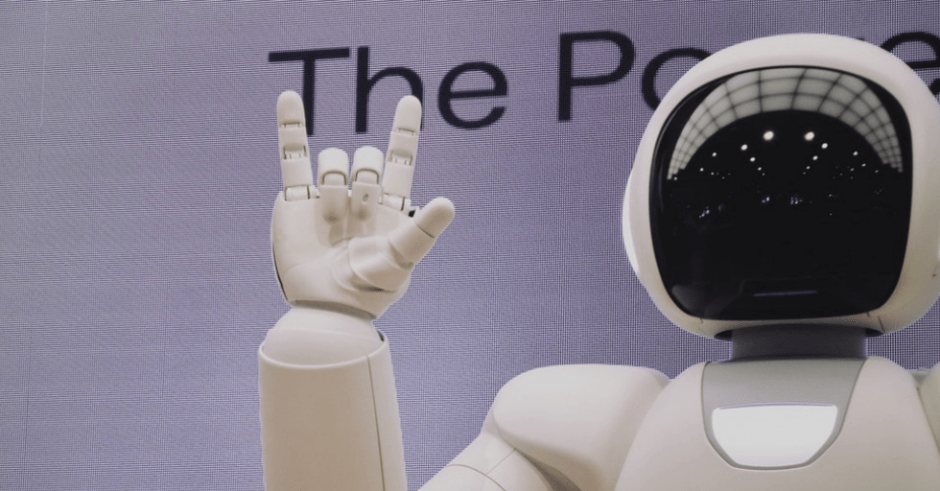“The Future of Work”…a phrase that is guaranteed to get you a speaking slot at any HR/Recruitment conference/networking event. It dominates Twitter, LinkedIn, TED talks…you name it, it’s at the top of the bill.
You hear from people who are keen to take advantage of new flexible working patterns, new technologies that will further enhance global collaboration and of course, AI. Automation and Machine Learning will change not only how we will work but how we live, how we operate, how we communicate with our fellow human beings. Tech businesses in Shoreditch, London Bridge and further afield in Berlin and San Francisco are excited about the endless possibilities and opportunities.
But wait. What about the scores of people on factory shop floors, warehouses, production lines, drivers, blue collar roles that appear to be doomed by what the Future of Work will bring? Will they have the opportunity to re-train, re-develop themselves into a more flexible role? Will they be able to share the endless possibilities and opportunities that their white-collar counterparts will experience?
History tells us to relax. Look at the Industrial Revolution (I know my fair share being a Halifax lad…cotton industry etc); the introduction of machinery to radically transform manual tasks resulted in a whole new range of roles being created. Later in history, we have seen similar changes in how industry somehow adapts to the ever-changing world, whether it is technological, economically or socially. So, nothing to worry about, right?
What about people who have no choice than to work in a blue-collar role that will get 100% replaced by tech or automation. If we take that further, what about individuals in white collar roles that might also get replaced in a similar way? Will they be better off because they have greater social mobility or an ability to transfer skills? As HR professionals, we need to get real and realise that The Future of Work will dramatically change how millions of people will provide for their families. Everyone does not have access to higher education and further access to wide and expansive career paths. Some have no choice other than working in a low paid role that is repetitive and barely makes ends meet. Living costs are raising and low level salaries have become quite stagnant.
Will there be enough “jobs” to go around? Will education change to adapt with new roles, new skills being demanded by organisations? There is a real danger that the gulf between the rich and poor could grow exponentially in years to come.
So what answers do I have? Clearly not all of them but what I do know is that we need to consider everyone, regardless of role, skill-level or social background. History has proven many times the danger of alienating segments of society with false rhetoric building fear and a lack of trust. Governments and organisations need to build a cohesive approach to ensure no-one is left behind when it comes to re-writing what a possible future workforce looks like. They need to fully support current & future generations and guarantee them a fair crack at what is already a very challenging and complicated whip.





